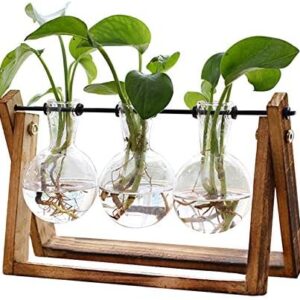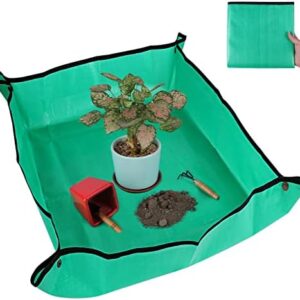Harnessing the Power of Compost: A Game-Changer for Organic Farmers
If you’ve ever taken a stroll through the lush fields of an organic farm, you may have noticed something remarkable about the soil – its rich, dark color and its earthy smell. This fertile soil is the result of one simple but transformative practice: composting.
Composting is the process of converting organic waste into nutrient-rich soil amendment that can be used to nourish crops. It’s a practice that has been used for centuries by farmers around the world, but in recent years, it has been gaining renewed attention as a sustainable solution for improving soil health and boosting crop yields.
Organic farmers, in particular, have been turning to composting as a way to reduce their reliance on synthetic fertilizers and pesticides, and to promote a more holistic approach to farming. By harnessing the power of compost, these farmers are not only improving the health of their soil, but they are also helping to protect the environment and support the health and well-being of their communities.
So, what makes compost such a game-changer for organic farmers? Let’s take a closer look at the benefits of composting and how it can play a key role in sustainable agriculture.
Compost is a powerhouse of nutrients
One of the key benefits of compost is its ability to provide a rich source of organic matter and nutrients to the soil. When organic waste, such as food scraps, yard trimmings, and animal manure, is composted, it breaks down into a nutrient-rich material that is teeming with beneficial microorganisms.
These microorganisms help to break down organic matter further, releasing essential nutrients such as nitrogen, phosphorus, and potassium that are vital for plant growth. As a result, compost acts as a natural fertilizer, providing plants with the nourishment they need to thrive.
Unlike synthetic fertilizers, which can leach into groundwater and harm the environment, compost releases nutrients slowly over time, reducing the risk of runoff and pollution. This makes compost a more sustainable option for organic farmers who are looking to protect the health of their soil and the surrounding ecosystem.
Compost improves soil structure and water retention
In addition to providing essential nutrients, compost also helps to improve the structure of the soil. When added to soil, compost acts as a natural binder, helping to hold soil particles together and create a stable, crumbly texture that is ideal for plant roots to grow in.
This improved soil structure allows for better aeration and drainage, reducing the risk of soil compaction and waterlogging. It also helps to promote the growth of beneficial soil organisms, such as earthworms and fungi, which play a key role in breaking down organic matter and improving soil health.
Compost also has the ability to improve water retention in soil. By increasing the soil’s organic matter content, compost helps to create a sponge-like texture that can absorb and hold onto moisture, reducing the need for irrigation and helping plants to withstand periods of drought.
Compost suppresses plant diseases and pests
Another key benefit of compost is its ability to suppress plant diseases and pests. When added to soil, compost releases beneficial microorganisms that help to outcompete harmful pathogens and pests, reducing the risk of crop damage.
These beneficial microorganisms also help to boost the plant’s immune system, making it more resilient to disease and stress. As a result, organic farmers who use compost are able to reduce their reliance on chemical pesticides and herbicides, promoting a more natural and sustainable approach to pest management.
Compost supports biodiversity and ecosystem health
Composting not only benefits the health of the soil, but it also plays a key role in supporting biodiversity and ecosystem health. By promoting the growth of beneficial soil organisms, such as earthworms, bacteria, and fungi, compost helps to create a diverse and healthy soil ecosystem that is essential for sustainable agriculture.
This diverse soil ecosystem helps to improve the fertility and resilience of the soil, making it less susceptible to erosion, water runoff, and nutrient depletion. It also helps to support the growth of diverse plant species, providing a habitat for pollinators and other beneficial insects that play a key role in crop production.
In addition, compost helps to reduce the amount of organic waste that ends up in landfills, where it can release harmful greenhouse gases and contribute to climate change. By composting organic waste instead, farmers can reduce their carbon footprint and help to mitigate the impact of climate change on the environment.
In conclusion, composting is a powerful tool that can help organic farmers to improve the health of their soil, boost crop yields, and protect the environment. By harnessing the power of compost, farmers can promote sustainable agriculture practices that benefit both the land and the communities that depend on it.
So, the next time you take a bite of a juicy, organic tomato or enjoy a crisp, fresh salad, remember that it all starts with the humble practice of composting. It may seem simple, but the impact of compost on the world of organic farming is truly revolutionary.






